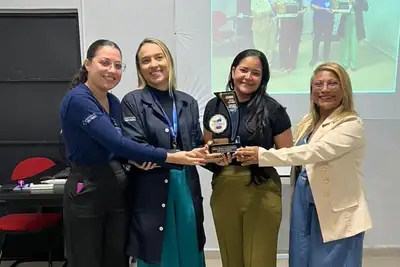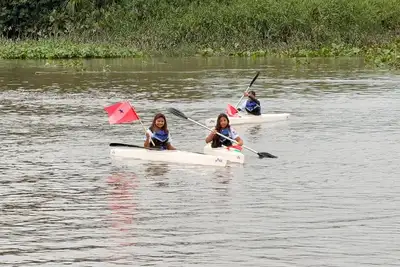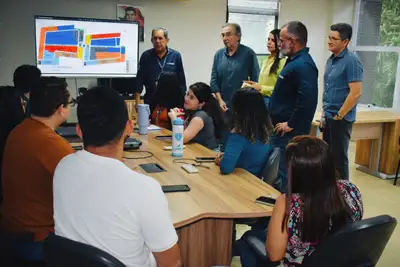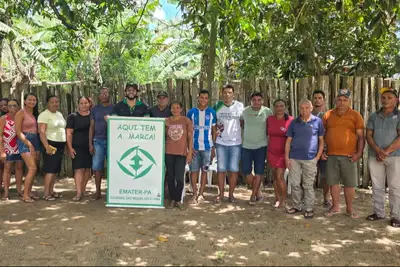Artran strengthens actions in southeastern Pará and intensifies the fight against illegal transportation in the Carajás region
Operations in Marabá, Parauapebas, Canaã dos Carajás, Xinguara, and Redenção enhance passenger safety and ensure compliance with intermunicipal lines

The roads in southeastern Pará continue to receive special attention from the Public Transport Regulation and Control Agency (Artran), which maintains permanent inspection on the main stretches of the Carajás integration region, especially on PAs 150, 275, and 160, the corridor that connects Marabá, Parauapebas, Xinguara, Canaã dos Carajás, and Redenção. The goal is to enhance passenger safety, curb illegal transportation, and ensure that intermunicipal lines operate within the regulations.
Between January and September of this year, Marabá and Parauapebas were among the municipalities with the highest number of seizures of irregular vehicles in the state. In May and June, Marabá recorded seven seizures, most of them involving vehicles caught transporting passengers without a license on PA-150 and in urban access points. In Parauapebas, incidents were recorded in April and May during integrated operations with the Military Police and the Detran.

The actions also reach Canaã dos Carajás, Xinguara, and Redenção, important cities in the same road corridor. In May, inspection teams seized irregular vehicles in Canaã and Xinguara, many of which were offering trips to Marabá. In Redenção, although with a lower volume of approaches, cases of unauthorized transportation and documentation issues were identified.
“Southeastern Pará is a region of intense movement of workers, students, and commerce, and this flow attracts illegal transportation, which is why we maintain fixed teams along PA-150,” explains Artran's General Director, Luciano Dias. "PA-150 is one of the longest and most strategic routes in Pará, and our mission is to ensure that the entire journey is made safely and within the law," concludes the head of the Agency.

More safety for passengers
The operations in the southeast also have an educational character, which is why agents make a point of advising passengers and drivers about the risks of illegal transportation. “This type of transportation does not undergo inspection, does not have mandatory insurance, and does not follow minimum maintenance standards, and when we issue a notice of infraction, it is not just a fine; it is a matter of safety and preservation of life,” concludes the coordinator of Road Transport, José Cruz.
The constant presence of Artran in the southeast is a result of the decentralization policy adopted this year, which distributed teams across the integration regions, starting to operate with regionalized planning, and inspectors in hubs like Marabá and Parauapebas to also serve neighboring municipalities. This structure allowed for quicker responses to reports of illegal transportation and expanded monitoring of routes connecting the southeast to the center and northeast of the state.

Check the data on Artran's actions in the Carajás region:
- More than 400 approaches conducted;
- Approximately 250 notices of infraction issued;
- Recurring seizures in Marabá, Parauapebas, Canaã, and Xinguara;
- Continuous inspection on PA-150 and the main routes in the southeast;
- Integrated operations with Detran and Military Police.

















